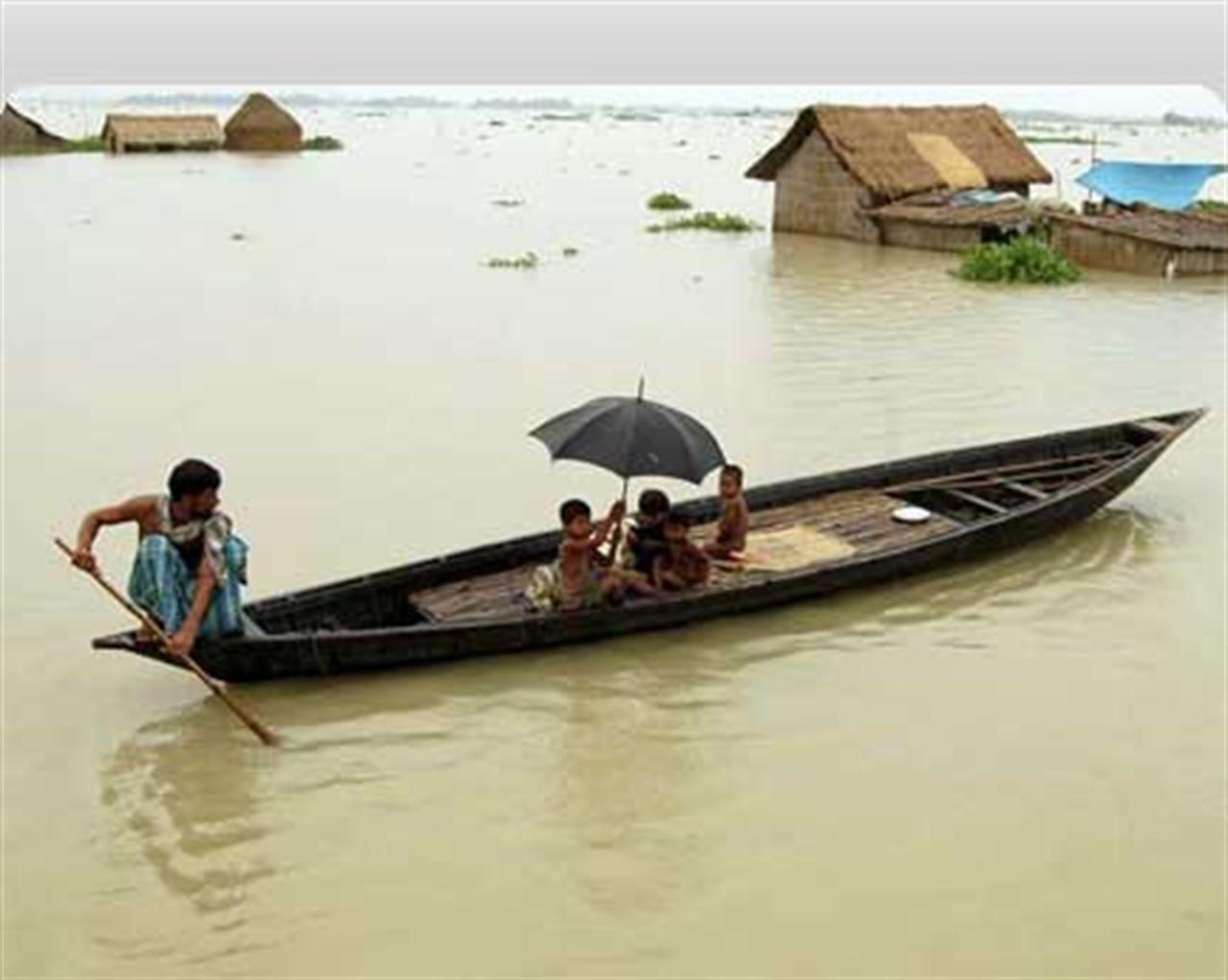Sostenibilità
EU & Asia: The world prepares for global warming
From Europe to Asia world politicians and civil society are readying themselves for climate change. The EC has warned that its effects may be more devastating than expected while $50 million is invested in Asia to prevent climate related disasters.
di Staff

From Europe to Asia world politicians and civil society are readying themselves for climate change. The EC has warned that its effects may be more devastating than expected while $50 million is invested in Asia to prevent climate related disasters.
The European Commission has called on negotiators at global talks this year to remain open to deeper, more costly emissions cuts. It made the warning on January 28 as it unveiled its negotiating position for talks in December in Copenhagen on a successor to the Kyoto protocol, the U.N.’s main tool against climate change.
The EU executive said it would call for emissions from the aviation and shipping industries to be tackled, despite the fact that both sectors are seen suffering from global recession. “It is imperative to secure an ambitious outcome in Copenhagen that leaves the door open for a lower stabilisation level (of emissions),” a Commission report said.
Current greenhouse gas levels are at around 380 parts per million. “An increasing number of scientists are calling for the level of greenhouse gases in the atmosphere to be stabilised at a significantly lower level than previously recommended, ie as low as 350 parts per million,” said the report.
Meanwhile in Asia…
Asian cities will form a network to prevent disasters and prepare for the impacts of climate change with initial backing of around $50 million from the U.S.-based Rockefeller Foundation. The network, which will start with six cities in India and Vietnam, aims to help poor and vulnerable residents become more resilient to extreme weather and rising seas.
It will receive some 70 percent of the $70 million the philanthropic foundation is committing to its five-year programme on climate change, which also includes agriculture projects in Africa and policy initiatives in the United States. “While there is much discussion focused on mitigating future climate change, we must also address the impact of impending climate change, which is irreversible and will continue to accelerate in the coming decades,” Judith Rodin, the foundation’s president, told reporters on Tuesday. She said cities in the network would be better equipped to stop catastrophes happening and protect their populations from the longer-term effects of global warming. “By mid-century, climate change may subject 132 million people in Southeast Asia alone to resurgent hunger and poverty and another billion Asian people may struggle to find fresh water,” Rodin warned.
Of the six cities participating in the first phase, three are in India – Surat in Gujarat, Indore in Madhya Pradesh and Gorakphur in Uttar Pradesh – and three are in Vietnam – Danang and Quy Nhon in the centre and Can Tho in the southern Mekong Delta. Work will start immediately in these cities, where the foundation will collaborate with officials, climate scientists, technical experts and civic groups to analyse vulnerability to climate change risks.
These pilot projects will share experiences and serve as a model for other cities, with plans for the programme to be rolled out to Thailand and Indonesia. Ashvin Dayal, the foundation’s managing director for Asia, said projects would range from flood management in India to insurance against coastal storms in Vietnam and climate-sensitive disease surveillance systems in Thailand.
Eight of the world’s 10 countries with populations most at risk from sea-level rise are in Asia, where millions live in coastal zones, according to the U.N. climate change panel. The region is also experiencing rapid urbanisation – 60 percent of urban population growth in the next three decades is expected to happen in Asia.
The network’s first cities were selected partly because they have yet to make major infrastructure decisions, avoiding the need to retrofit existing infrastructure as in mega-cities like Bangkok.
Initial funding will come entirely from the Rockefeller Foundation, but Rodin said the goal was to expand the network with help from partners, including the World Bank.”It is anticipated that by 2012, a network of cities in Asia will have demonstrated robustly the ability to prepare, withstand and recover from the predicted impacts of climate change,” Dayal said.
Source: www.alertnet.org
Si può usare la Carta docente per abbonarsi a VITA?
Certo che sì! Basta emettere un buono sulla piattaforma del ministero del valore dell’abbonamento che si intende acquistare (1 anno carta + digital a 80€ o 1 anno digital a 60€) e inviarci il codice del buono a abbonamenti@vita.it
